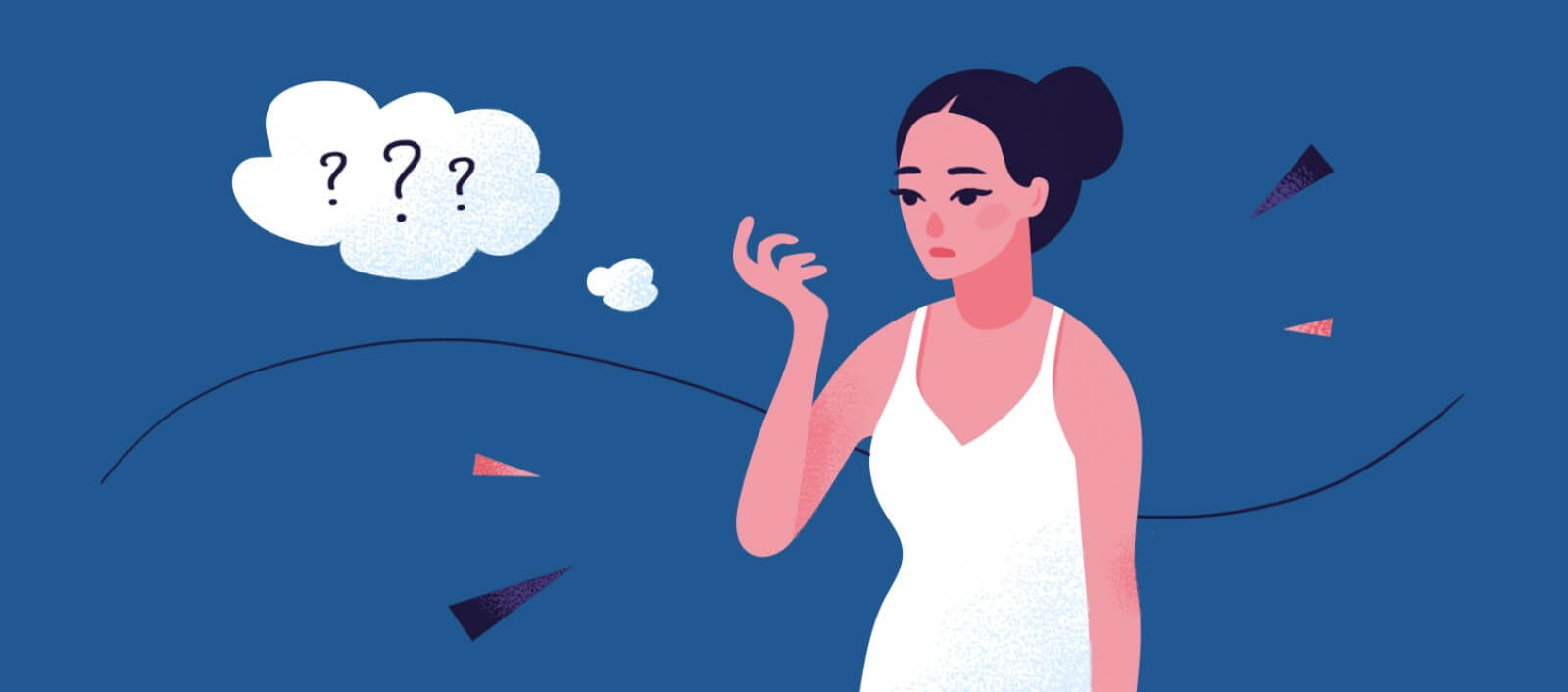
Anxiety itself is the activation of excess energy in your body. But not all of the symptoms of anxiety are energy related. Some people experience the opposite - severe fatigue and lethargy that keeps them from doing much in their day to day life.
Lethargy can be an anxiety symptom, and unfortunately, it's an example of a symptom which may lead to the development of more anxiety.
What is Lethargy?
While commonly associated with depression, those suffering from chronic anxiety may also experience this symptom. Lethargy is characterized by low energy, fatigue, or being unexcited about participating in activities that you might otherwise enjoy. Lethargy can be physical, where your body feels sapped of energy, or it can be mental, where you simply don’t find the idea of engaging in activities to be exciting.
Causes of Anxiety Lethargy
When we discuss lethargy, we are talking about a complete unwillingness to do anything, often with a feeling of wanting to sleep or severe fatigue. Many of those with lethargy rarely leave the bed or couch or feel as though they are in desperate need of sleep and running on empty throughout the day. Some people may go about their day normally but have a lethargic mood.
Lethargy can be an anxiety symptom, especially when experiencing severe anxiety. But the causes of lethargy from anxiety are complex, and in reality there is rarely one specific cause that leads to lethargy in those with anxiety disorders. If you feel like you’re more lethargic than you used to be because of anxiety, it's likely that your lethargy is caused by some combination of:
- Adrenal Fatigue Some symptoms of anxiety are caused by a release of adrenaline which is a hormone inside of the body that is triggered when a person needs energy. The more anxiety you have, the more your body starts to run out of adrenaline before it can make more. Without adrenaline your body may lack energy and lethargy can take place.
- Sleepiness Likely the most basic cause of lethargy is simply being sleepy. Anxiety and stress can lead to poor sleeping habits and less restful sleep, so the longer you suffer from anxiety, the more likely you are to be low energy. Even if you think you're getting a full night's sleep, anxiety can be so draining that you often need a bit more sleep and are not getting it.
- General Bad Days Having anxiety can make your day worse, especially if you easily get caught up in negative thought cycles. There are many people that find they would rather sit in bed than deal with the anxieties of the day. Too many anxiety-filled days in a row and you're going to find yourself unexcited about the days ahead.
- Neurotransmitter Changes Anxiety plays a role in the levels of neurotransmitters that you have in your brain. Neurotransmitters affect how you think and feel, and the pleasure and joy you get from events. Chronic stress, which is what severe anxiety is, can actually damage the neurotransmitters in your brain. This can result in you getting stressed more easily. That stress takes a physical toll on your body and can lead to lethargy.
- Drained Body Anxiety is also extremely physically and mentally draining. When the sympathetic nervous system, the flight or fight response, is engaged it actually shuts down some parts of your body and brain in an effort to save energy for other parts of your brain. The tension taxes your muscles and over time they become drained of energy, ultimately causing you to experience considerable fatigue.
These are just some of the potential issues that can cause feelings of fatigue and lethargy in those with severe anxiety. Over time, this can also lead to bad habits that may continue to contribute to lethargy.
Lethargy Creating Anxiety
It's also important to note that while fatigue can be caused by anxiety, anxiety can also be caused by fatigue and lethargy. You should remain mentally and physically active throughout the day to help with managing your anxiety.
- Physical activity is extremely valuable. In fact, studies have shown that exercise may be as powerful as some anxiety medications, and a lack of exercise and general inactivity are also believed to drastically increase anxiety - possibly even creating it.
- Mental activity is also important because it may take your mind off of your anxiety. Activities that exercise your brain are good because they may help you reduce your anxiety. Your mind is your enemy when you have anxiety, and if you're not mentally active - even if it feels like you're coping - you may be making your anxiety worse.
Anxiety and lethargy can be cyclical. Anxiety leads to lethargy and lethargy can lead to an increase in you anxiety. If you allow your fatigue to take hold of you, you're going to increase the risk that your anxiety worsens.
Ways to Combat Lethargy
Lethargy is a tough issue to beat because by its very nature it takes away from your natural willingness to take action. It is something that kills motivation and makes it very hard for you to start making the necessary changes to your life that you need to make in order to reduce anxiety and feeling lethargic.
You can try the following:
- Start Exercising This is crucial. Even though exercise naturally creates fatigue after the workout is over, it also increases natural energy and has natural anxiety fighting abilities. It's really important that you start exercising right away. Consider talking to your doctor about a healthy exercise program.
- Stay Hydrated Hydration can also lead to severe problems with fatigue and energy. It can also increase anxiety. There is also some evidence that anxiety takes water out of the body (through sweating, etc.) which makes dehydration more possible.
- Break the Habit Lethargy can easily become a habit and a mindset. Making a conscious decision to break the habit, getting yourself motivated to accomplish even small tasks can help you to feel some relief. Get out of bed as soon as your alarm goes off in the morning, stay out and about throughout the day, and take immediate action when something needs to be done. Setting a few small goals for yourself throughout the day can help you to feel a sense of accomplishment and break the habit of giving in to your lethargy.
These ideas are a start but they won't cure it completely. As long as you experience anxiety there will continue to be opportunities for lethargy to arise. Making a commitment to treating your anxiety as a whole is what will provide you with the tools to combat lethargy in the long run.













